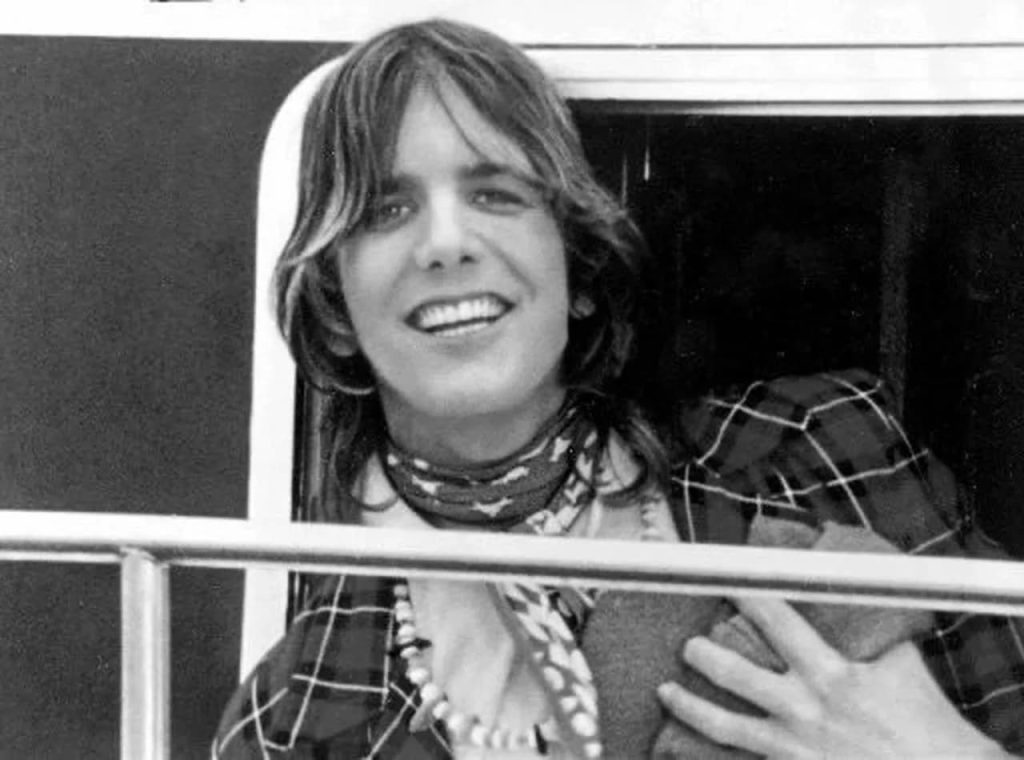
A Poignant Reflection on Love, Loss, and the Search for Solace.
Ah, “Return of the Grievous Angel” by the singular Gram Parsons. The very title conjures images of a fallen romantic hero, doesn’t it? Released in 1973 on his posthumous and now iconic album of the same name, Grievous Angel, this song, while not setting the charts ablaze upon its initial release, has since ascended to a revered status, its influence rippling through generations of musicians and listeners alike. It’s a testament to the fact that true artistry often transcends immediate commercial success, finding its audience over time through the sheer power of its emotional honesty and musical integrity.
At the time of its release, “Return of the Grievous Angel” did not make a significant impact on the Billboard Hot 100 charts. This is perhaps unsurprising, given the somewhat niche appeal of Parsons’ genre-bending sound, a beautiful yet unconventional blend of country, rock, and soul that he himself dubbed “Cosmic American Music.” However, its enduring legacy speaks volumes, solidifying its place as a cornerstone of Americana and alternative country.
The story behind “Return of the Grievous Angel” is inextricably linked with Parsons’ tumultuous life and his deep musical partnership with Emmylou Harris. The song was co-written by Parsons and his close friend Tom Brown, and it’s widely interpreted as a heartfelt, albeit somewhat idealized, reflection on his complex relationship with Harris. Their musical connection was profound, a symbiotic artistry that produced some of the most achingly beautiful music of the era. Harris’ harmonies on the track are nothing short of ethereal, a perfect counterpoint to Parsons’ raw and vulnerable vocal delivery.
The meaning of “Return of the Grievous Angel” is layered with themes of love, loss, and a yearning for redemption or at least understanding. The “grievous angel” can be seen as a metaphor for a troubled spirit, perhaps Parsons himself, returning to a place or a person that offered solace, even if that solace was ultimately fleeting. The lyrics speak of journeys, both physical and emotional (“In my hour of darkness, in my time of need”), and a desperate search for connection and belonging. There’s a sense of weariness in Parsons’ voice, a feeling of having wandered and finally turning back to something meaningful.
The album Grievous Angel itself was tragically released after Parsons’ untimely death at the age of 26. This lends an even greater poignancy to the songs, including “Return of the Grievous Angel.” Knowing the fate of the artist adds a layer of melancholy to the listening experience, transforming the album into a sort of final testament, a beautiful and heartbreaking farewell.
Musically, the song is a masterclass in understated elegance. The gentle, rolling rhythm, the pedal steel guitar’s mournful cries, and the aforementioned harmonies create an atmosphere that is both intimate and expansive. It’s a sound that feels both timeless and deeply rooted in a specific era, evoking the dusty landscapes and late-night introspection that often characterized Parsons’ work.
“Return of the Grievous Angel” remains a touchstone for those who appreciate music with depth and emotional resonance. It’s a reminder that sometimes the most profound artistic statements are not the ones that shout the loudest, but rather those that whisper truths about the human condition, about love found and lost, and the enduring search for peace. It’s a song that stays with you long after the final notes fade, a bittersweet echo of a talent gone too soon. For those of us who remember the era, it’s a poignant reminder of a time when music often felt rawer, more honest, and deeply connected to the soul.